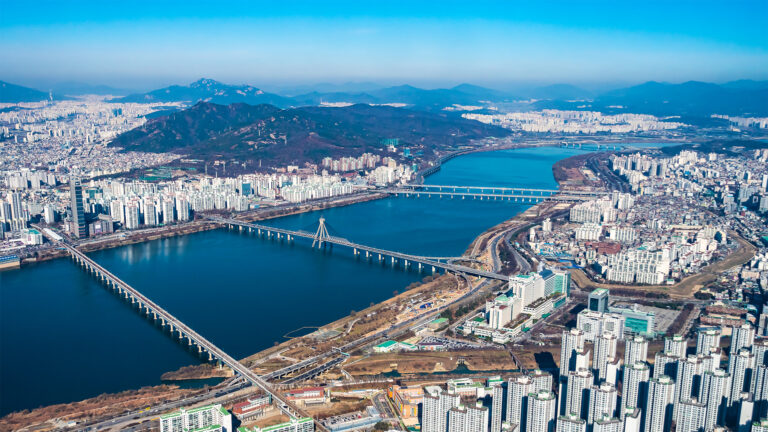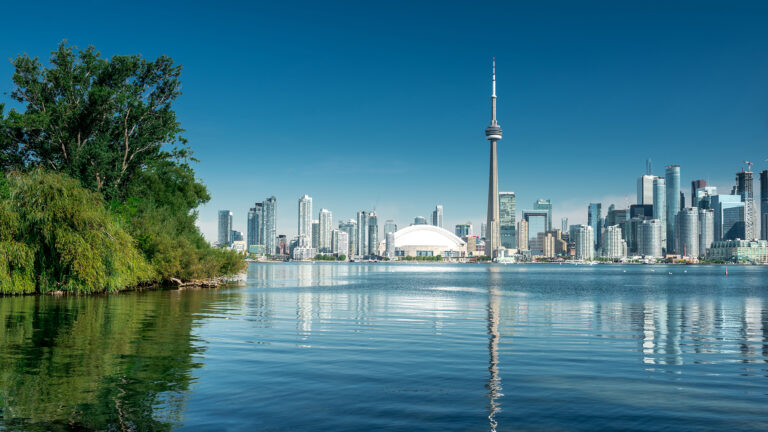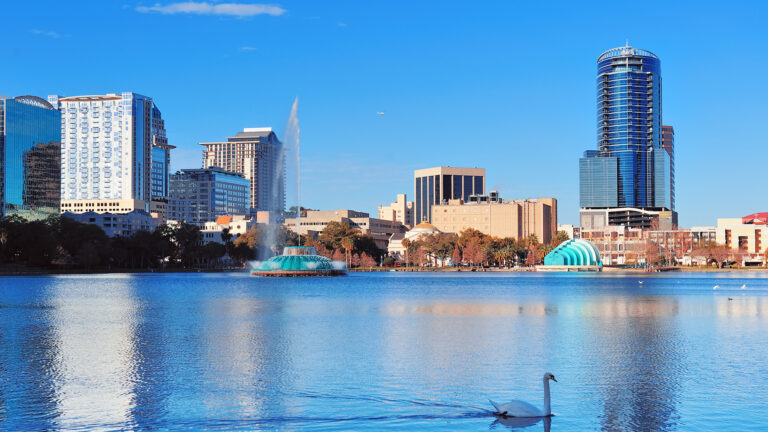By Mario Marroquin
The failure of real estate developer Sunac to make coupon
payments whole in May has revived worries among U.S. and European investors
that Asian real estate may not be as safe a bet as anticipated.
Ever since Chinese developer Evergrande began missing
coupon payments back in 2021, more than a dozen other Chinese real estate
firms have been reported to default on domestic and offshore bonds.
And while these defaults left some investment
firms like BlacRrock, Vanguard and UBS, to name a few, holding cheap high-yield
debt and shares no longer tradeable on the Stock Exchange of Hong Kong, debtholders may
find some respite in the second half of 2022 and in 2023, when questions
surrounding offshore assets start to be addressed.
According to Mingtiandi, Sunac made coupon payments to domestic
bondholders in May after missing the deadline for coupon payments on a $742
million offshore bond two weeks ago.
The developer said in a filing to the HKEX that it expects
to miss more coupon payments this year and that the company has already begun
tapping existing projects for disposition and accelerated collections.
“Given the Group’s current liquidity constraints, there is
no assurance that the Group will be able to meet its financial obligations when
due or within the relevant grace periods,” Sunac said in a filing from May
12. “If the Company fails to meet its financial obligations when due and is
unable to reach a timely resolution with its creditors, it may result in the
acceleration of relevant financial obligations or taking of enforcement actions
by the relevant creditors.”
Contracted sales declined by 65% in March and April after
the COVID-19 outbreak in March, which exacerbated the firm’s already
constrained financial position, Sunac said in the filing.
While Evergrande and Sunac continue to work with bondholders
to resolve missed bond payments, Chinese developer Vanke has been reportedly in
talks to acquire domestic projects from both firms.
Reuters reported in May that Vanke and Evergrande were in
talks to transfer
development projects in Guanzhou, while Sunac
and Vanke have been reported to be in talks over an equity stake in a snow
park project in Shenzhen.
Chinese property sector at a glance
Sunac, which has more than 68,000 employees, according to
Bloomberg, said that in addition to accelerating asset dispositions, payment
collections, and attempts to tap internal and external sources of financing, ‘liquidity
constraints’ in the broader Chinese property sector in the second half of 2021 are
also causing the firm’s credit to deteriorate and create a negative feedback
loop.
The distress afflicting the broader property sector and the
softening of contracted sales by Sunac were also noted by financial services
firm Morningstar,
which cut Sunac’s estimated fair value by 97% mid-May after the firm announced
it would not make offshore coupon payments whole.
Bloomberg data retrieved May 23 shows the largest holders of
Sunac’s debt are the following:
- Fidelity International (FIL): $378.5M
- Allianz SF – $376.1M
- HSBC Holdings – $311.6M
- BlackRock – $277.3M
- UBS AG – $211.7M
- Prudential PLC – $111.6M
- Ashmore Group – $102.3M
- Value Partners Group – $67.5M
A combined $1.2 billion of Sunac’s outstanding bonds will mature 2022; $2 billion will mature in 2023, $2.6 billion will mature in 2024 and $1.9 billion will mature in 2025, according to Bloomberg.
bonds may trigger accelerated repayments for principal and interest due in 2023
following the default on the $742 million bond.
All the while financial services firms including Goldman
Sachs, Citi and PIMCO, to name a few, have already adjusted their outlook for
the whole real estate sector in Asia in light of Sunac’s default.
Goldman Sachs said default
rates in the high-yield Chinese property sector may top 31% in the second
half of 2022, noting that 22 high-yield bond issuers in the property sector
have either defaulted on USD-denominated bonds or deferred coupon payments as
of last week.
Analysts from Goldman Sachs also raised estimates for the
default rate in the high-yield corporate space in Asia from 9.3% to 15.9%, but
still below the 17.8% default rate last year.
PIMCO Head of Asia-Pacific Credit Research Annisa Lee and
Credit Research Analyst Frank Chen said a lack
immediate and substantive policy easing for the property sector may affect
the government’s GDP growth targets from 2022.
A total of 30 developers have defaulted or conducted
distressed exchange offers since 2018, the researchers said, while $82.6
billion outstanding in USD-denominated bonds comprise 57% of the China high-yield
property sector.
The researchers expect transaction volumes to fall through
2024, but said stabilizing the property sector’s long-term development may
require increased demand from consumers to upgrade housing, low loan-to-value
ratios and abundant liquidity.
While Sunac and Evergrande continue to reassess their
respective financial positions, credit rating agency Standard & Poor’s
announced a credit downgrade to developer Greenland
Holdings citing concerns about the developer making a $488 million note
whole by maturity on June 25.
Moody’s downgraded the developer in mid-May, two weeks
before Bloomberg reported the developer asked for a one-year extension on the $488
million note.











